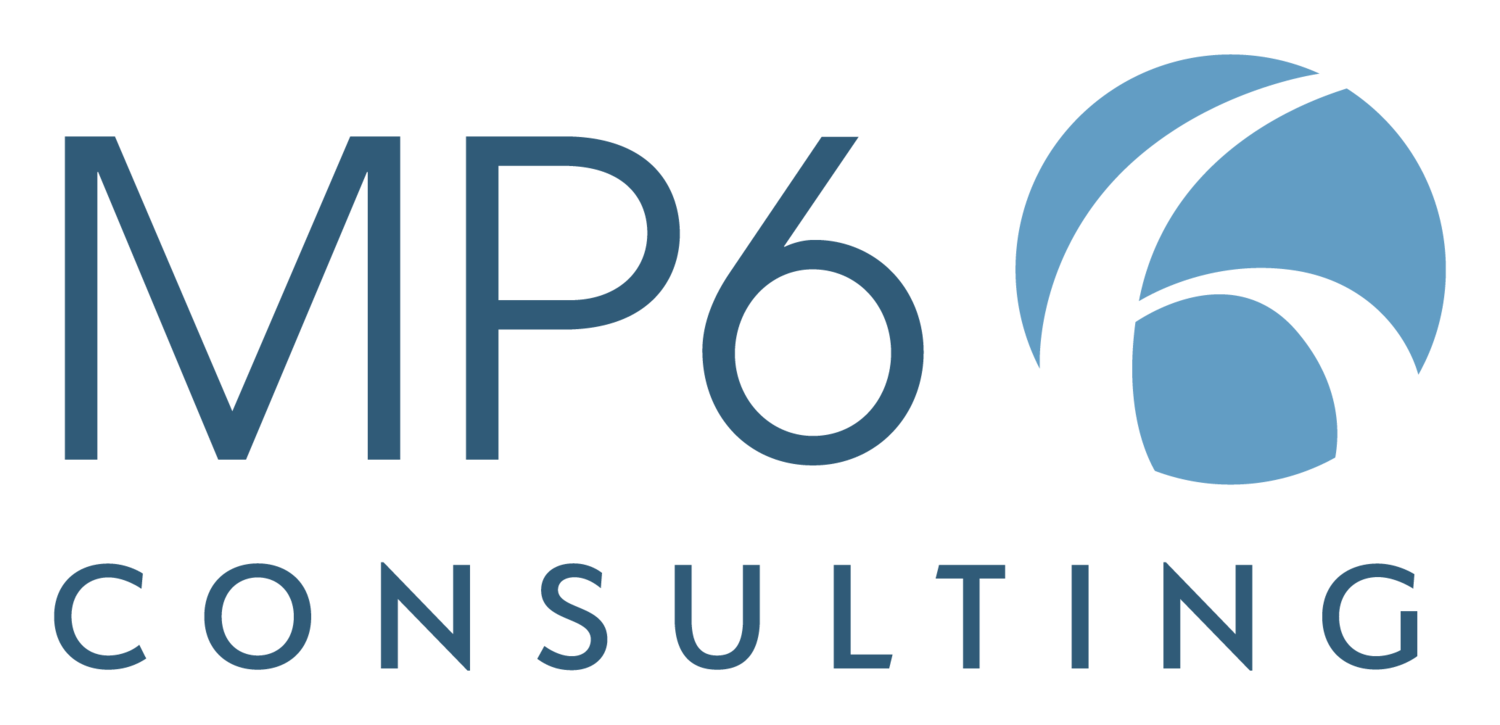Three ways to gain more time
Post-pandemic re-entry has been, hm, how do we say… challenging? Messy? Frustrating? All of the above?
As we emerge from the pandemic and re-enter the physical workplaces, schools, and social events, we’re finding it is not as simple as just plugging the world back into where we were in February 2020. Between supply chain issues, hybrid workplaces, and a changing political landscape - it’s been clunky, to say the least. Our plugs and wires need to be adjusted to current circumstances. Society is not a toaster.
Contributing to this is an adjustment to managing our time in a different way now. One of the predominant trends we are hearing amongst our clients - and experiencing ourselves! - is the adjustment to managing time in a post-pandemic world. For example, pre-2020, we didn’t think twice about the commute (Ok, we are in DC so we ALWAYS think about the commute - but that’s neither here nor there). Once we started working from home, however, we recognized the time savings - maybe more time for dinner, family, or hobbies. So as we just turned on the world again in the last few months, our operating systems are having to catch up. We are distracted, bouncing from one thing to the next, and experiencing what researchers call “time confetti.”
One thing that is helping us navigate this adjustment is the concepts in Ashley Whillans book above, “Time Smart.” In this book, she challenges us to think about managing time to become more “time affluent.” Whether in your professional or personal life, she recommends looking at how you can find, fund, or reframe time:
Find: Do a time audit. Where are you spending your time? Do YOU really need to be in all the meetings you’re in? Can a staff member handle it instead? How much time are you spending on social media? Consider one area to eliminate or delegate. Just because it’s important to be done doesn’t mean it’s important that YOU do it.
Fund: With rapidly rising inflation, saving money is more critical than ever. However, have you ever considered that the time you look for cost savings may actually have a cost to yourself and well being? Where you may have the means, consider ways to fund chores or activities to focus your time on more meaningful activities.
Reframe: This tactic is all about mindset. Where can we find enjoyment in the task? Learning? Use what we might consider time-wasters as an opportunity for positivity and growth.
Try these on and let us know both your fumbles as well as your success stories!
